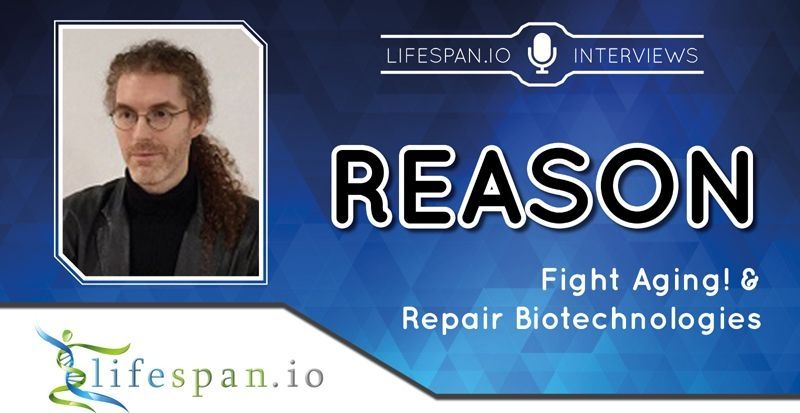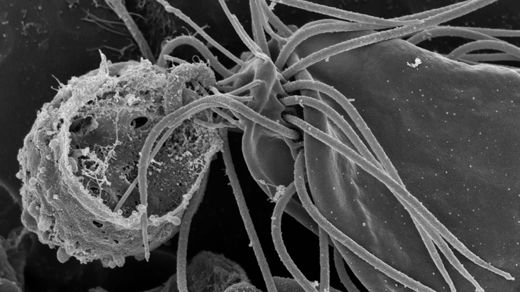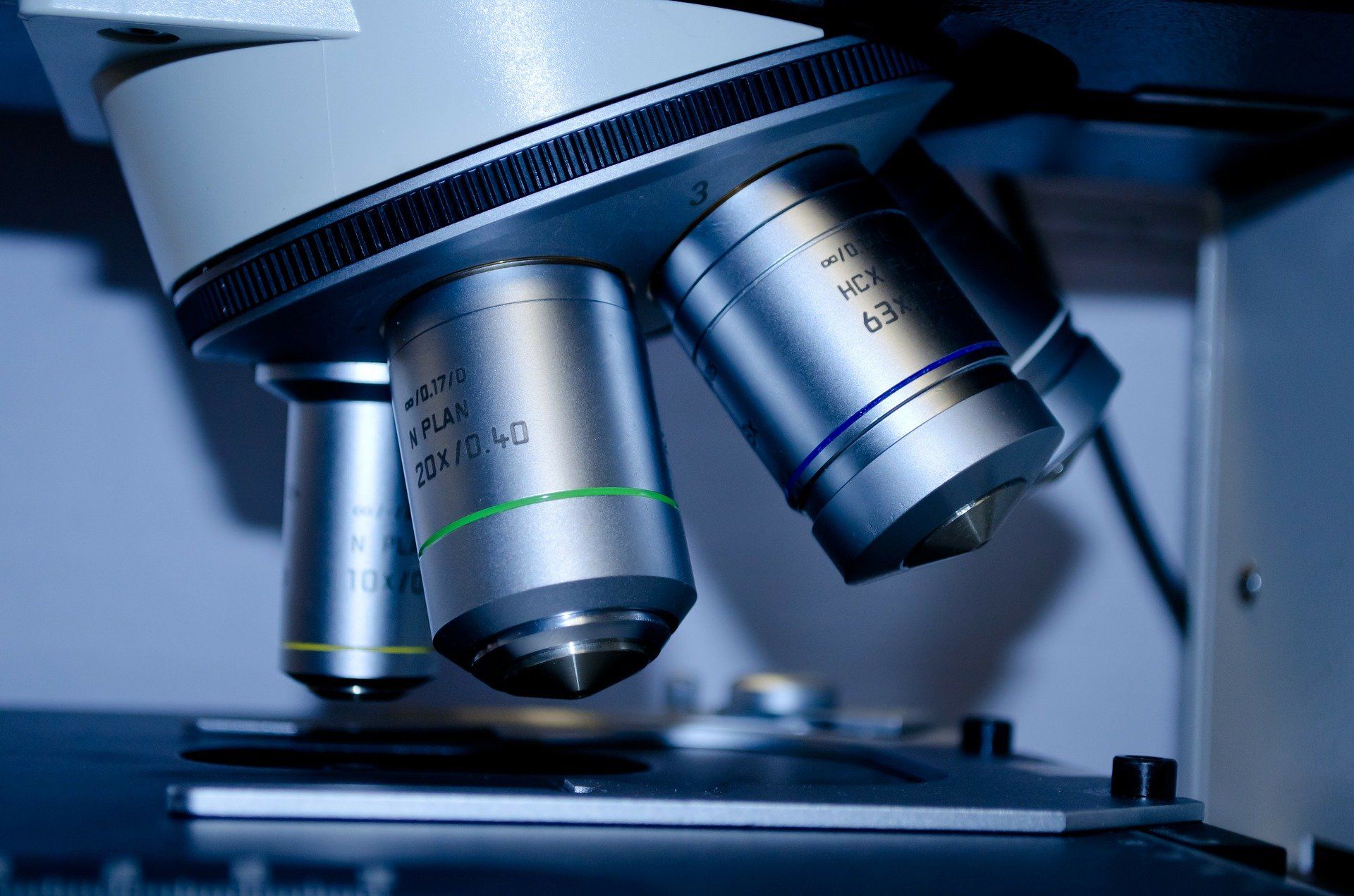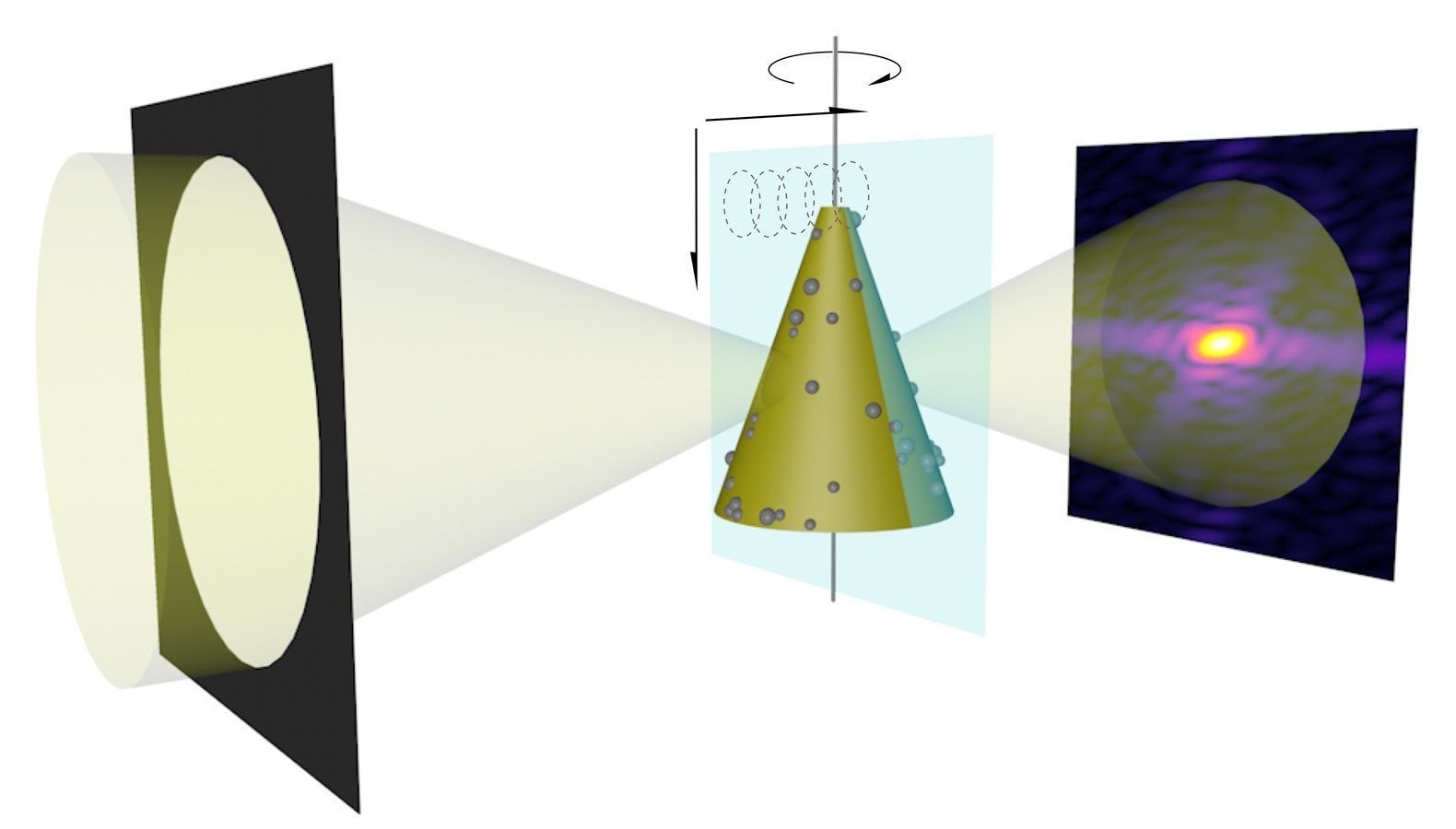How would you like to take one injection that has multiple genes that improve cellular repair and regeneration, keeping your cells younger and healthier longer? Today, BioViva and Rutgers University are embarking on an ambitious research project to do just that; we are tackling humanities greatest foe — suffering and death due to aging.
Read the press release here:
https://www.eurekalert.org/pub_releases/2018-12/bui-rua121018.php








